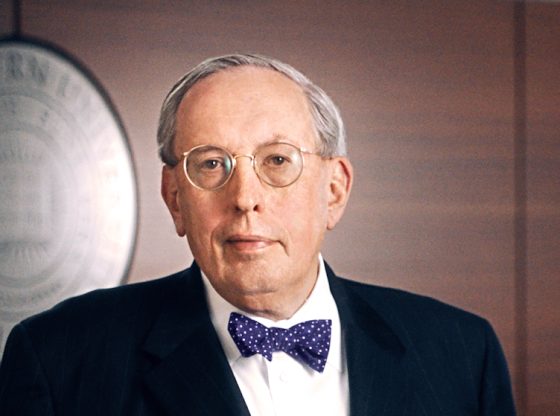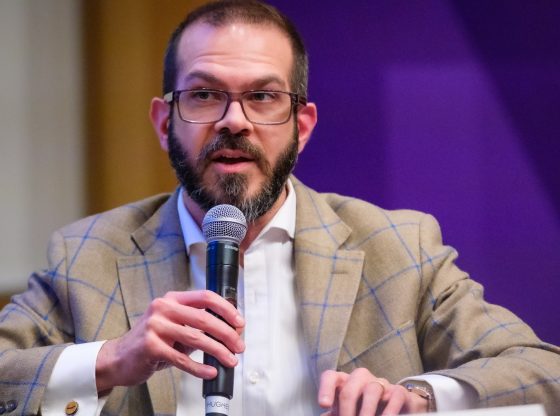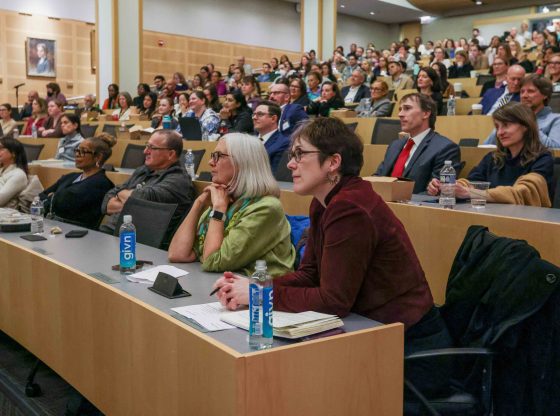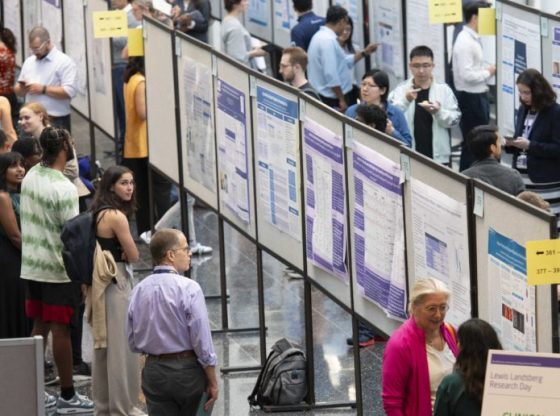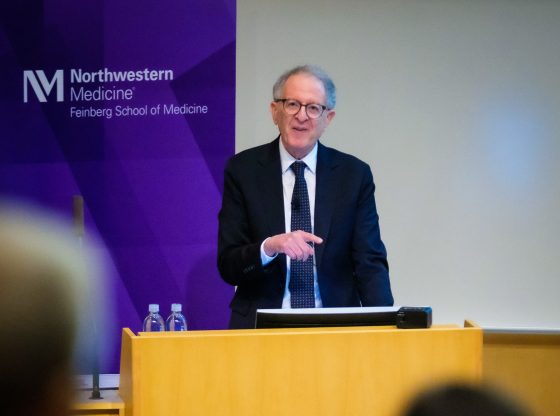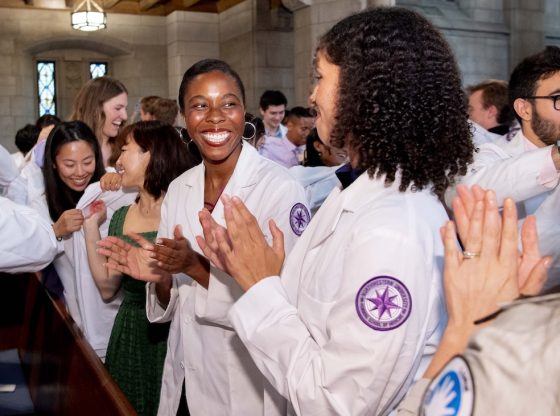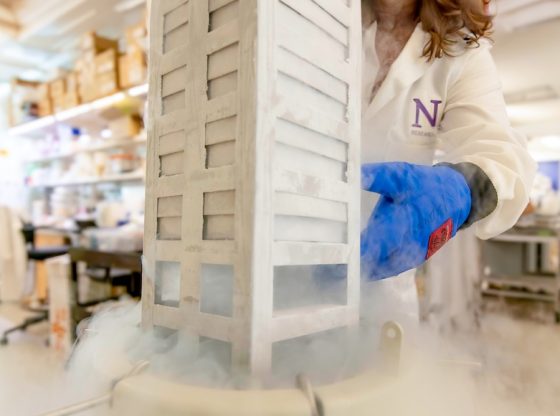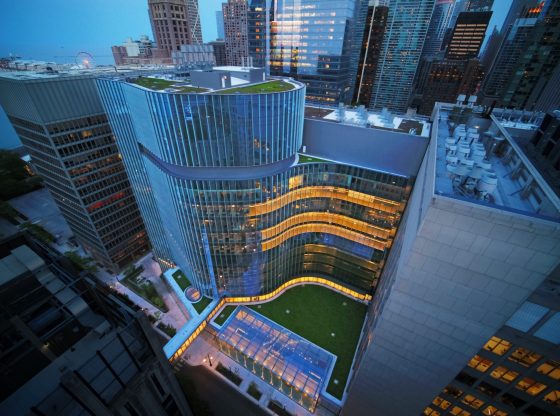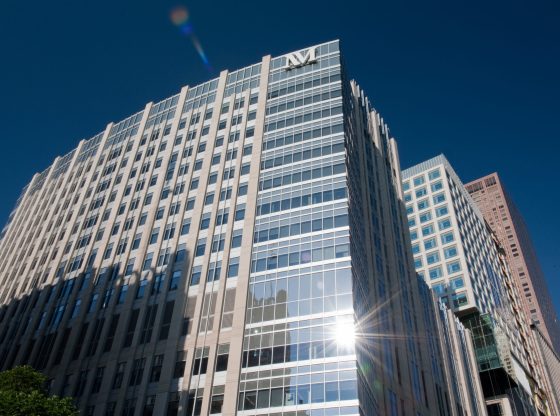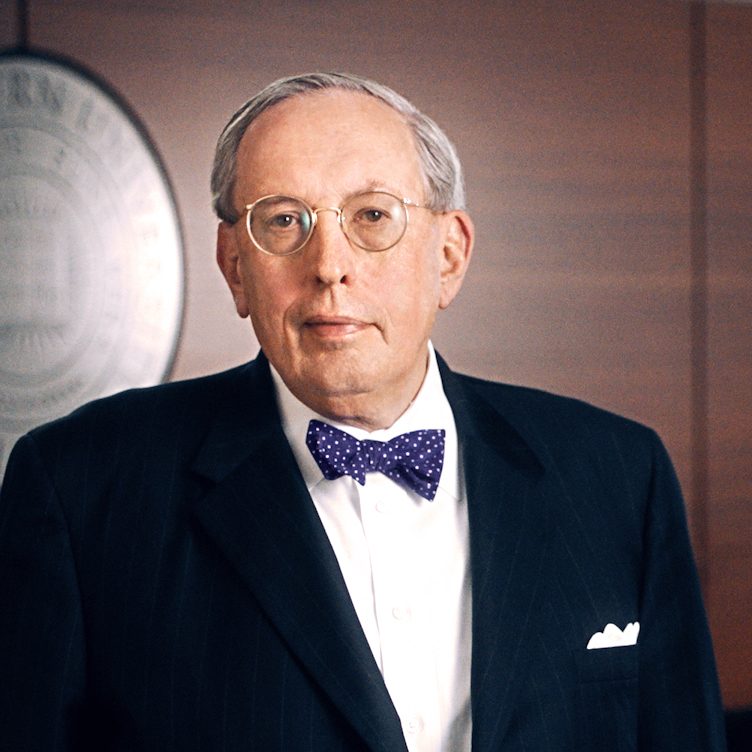
Vice President for Medical Affairs
Lewis Landsberg Dean
This summer, faculty, trainees, and students arriving on campus will be greeted by a wave of optimism. For the first time, Northwestern University Feinberg School of Medicine is ranked 15th in the nation among research-oriented medical schools, according to the latest U.S. News & World Report rankings. Also, Northwestern Memorial Hospital was ranked No. 1 in Illinois for the tenth consecutive year and was among the top 10 hospitals in the U.S. for 2021–2022. Our research enterprise continues to grow, rising to an all-time high of $643 million in awards, which support 667 principal investigators and more than 4,100 clinical trials. Our education programs likewise attract the best and brightest scholars in the nation, with more than 7,000 applicants for 160 seats in our entering MD class.
These metrics are certainly impressive, but they are not the sole reason for optimism. As the COVID-19 vaccines impact the course of the pandemic, Feinberg is emerging stronger than ever, having demonstrated its remarkable resiliency, thanks in large part to our dedicated faculty and staff, who adapted to unforeseen circumstances over the past year and a half.
While we all have appreciated the ability to collaborate virtually while continuing to advance our mission, the ability to come together in person has never been more refreshing or necessary. As teams plan for on-campus meetings and milestone events for the 2021-2022 academic year, there is a new sense of anticipation and eagerness. Personal connection and shared culture are welcome concepts for many who have been working remotely and those who have continued to work on campus, too. The happy reunions, new collaborations, and innovations ahead of us are all worth celebrating.
In this issue, we explore some of the innovations that grew and the connections that endured during the pandemic, including the creation of the new Center for Pathogen Genomics and Microbial Evolution in the Institute for Global Health. As COVID-19 swept Chicago, a team of four savvy Northwestern scientists sequenced the genome of SARS-CoV-2, the virus that causes COVID-19, in samples collected from patients in Chicago and discovered three distinct strains in the city. The center is now working toward a global surveillance and prevention strategy, which you can read more about in “Future Ready.”
Even as COVID-19 took center stage, Northwestern’s commitment to the advancement of science and treatment of life-threatening diseases remained steadfast. In this edition of the magazine, you will read about the incredible work investigators and practitioners have conducted across disciplines.
In “For Every Man,” we share how Northwestern scientists are dramatically changing the landscape for all patients with prostate cancer, both by teasing out the biological and social determinants of health disparities and by developing the first precision medicine treatment for this widespread disease.
In “Reaching Further,” we celebrate the achievements of Northwestern’s African American Transplant Access Program, which serves patients who suffer disproportionately from kidney and liver disease in Chicago’s underserved communities. In just under two years, the program has arranged for 14 transplants and seen a 55 percent increase in evaluations of Black patients. In the same story, you’ll learn about the leading-edge research happening in the Northwestern University George M. O’Brien Kidney Research Core Center.
As this issue demonstrates, we are stronger together. And as our academic year kicks off another season of learning and discovery, I believe we will be emboldened by each other’s presence, whether it’s in the classroom, lab, or clinic — or even in those casual hallway conversations we have all missed so much. As we strive for a return to normalcy, let’s welcome a spirit of optimism to lead the way.
With warm regards,
Eric G. Neilson, MD
Vice President for Medical Affairs
Lewis Landsberg Dean

